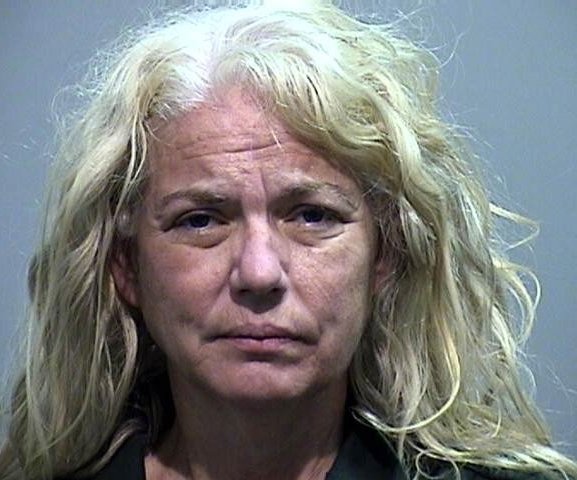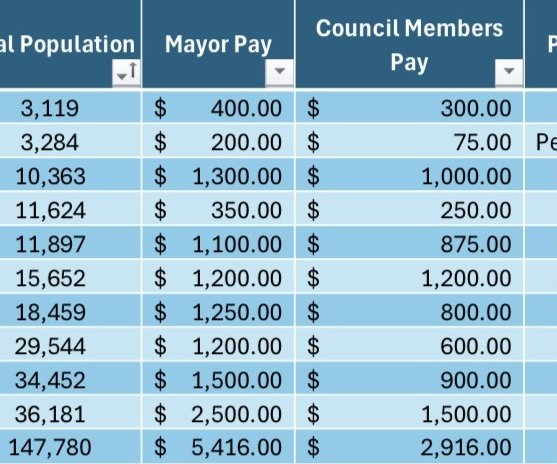Effingham County and the Effingham Habitat for Humanity may be joining forces to pursue block grants to help the home-building organization.
George Groce, Effingham Habitat executive director, asked county commissioners to exempt the group from development impact fees and building permit fees as required under county ordinances. But commissioners weren’t sure that was something they could do.
Assistant county attorney Eric Gotwalt said who is exempted from such fees is controlled by the state statute.
“It does not define affordable housing,” he said. “If the board of commissioners wishes to waive (the fees), we should be more clear in our comprehensive plan or in our written policies.”
County Administrator David Crawley said there could be alternative sources of funding to make up for the loss of impact fees, if the county does waive those charges.
“It’s going to take some change in our ordinances to make this happen,” he said.
Though the county doesn’t have a housing authority, which serves to accommodate low-income housing needs, Crawley said the county and Habitat could pursue community block grants through the state.
“If you are not going to fund their impact fees, it has to come from somewhere,” he said.
Commissioners said they support Habitat’s efforts but also worried about the effect of waiving the impact fees without another revenue source to make up the loss.
“We appreciate your efforts, but we have several non-profits ask for variances,” Commissioner Verna Phillips said. “We need a better clarification in our ordinances what we’re going to support.”
The Effingham Habitat chapter has two houses it is building behind its ReStore facility that is about to move to new locations. Moving and setting up those homes requires impact fees, prompting Habitat to ask the commissioners for help.
It cost Habitat $4,000 to move a house the last time it needed to do so.
“You can help us by waiving our impact fees,” Groce told commissioners.
Effingham Habitat has moved 11 families into decent, affordable housing and those homes have generated more than $10,000 in ad valorem taxes, Groce said. Many of the parcels where the homes are were purchased through tax sales, and Groce noted that those tracts now produce property tax where previously they had not.
Habitat does not give the houses away, Groce added, but sells them for the cost of the materials. Prospective owners — who are financed at a 0 percent interest rate for 20 years — are expected to contribute “sweat equity” in building the homes.
The last home, outside of Guyton, that Habitat finished was unique in that it had five bedrooms. Most are three-bedroom, one-bath homes.








